First has to do with contracts.
Negotiate them, find out what you are worth, and know how to slow things down and advocate for yourself well.
Understand the expectations. Are you supposed to supervise advance practice providers (APPs)? Is the compensation and bonus structure easy to understand? Are you supposed to be on call nights and weekends? See patients 34 hours per week in the office? Have certain productivity expectations? Do you have sufficient paid time off (PTO) and continuing medical education (CME) reimbursement? Fully understand what’s expected and see if it’s reasonable or something you need to negotiate.
And find a back door OUT. This will likely not be the job for your entire life, so find a way that you can exit this agreement with a certain notice period – like 90 days, without any strings attached. Then walk through in your mind what would happen if you leave. Is there a tail policy you have to pay? A penalty? A noncompete? Think through all these before you sign.
Second: Pay attention to the fraud and abuse statutes.
You go into practice so well trained about clinical medicine, but often have no clue what business relationships can get you into trouble or what to avoid.Remember this: If it’s too good to be true, IT IS. If someone is giving you money for not much work, if something smells funny, if there is an underlying motive behind it, be cautious. As a physician, you are an especially attractive target for kickback schemes because you can be a source of referrals for fellow physicians or other health care providers and suppliers. Patients trust you. You can at times help your patients decide what drugs they use, which specialists they see, and what services and supplies they get. If you tell them to use a certain lab or certain drug, they do. Companies want your patients and their business and will incentivize you however they can to get business thrown their way.
Be careful with relationships you have with labs, medical director agreements, and any revenue sharing arrangements. Don’t just share space or resources with anyone you refer. There are many well-meaning physicians sucked into fraudulent schemes disguised as legitimate business deals. Usually, the physicians involved were approached by a sophisticated and well-appointed company with a “shiny” proposal and big law firm opinion of support, assuring doctors that everyone else is joining or signing up. Please never believe these assurances. Just remember this: Ask questions and get your lawyer to review it. I promise you it’s money well spent to not have to unwind an illegal deal.
Third: Always protect yourself and have an advocate fighting and reviewing things for you.
Never trust another lawyer, another doctor, or another partner without doing your own homework. Trust, but verify. This is so important. You don’t always have to tell your potential new partner or your employer that you are calling your lawyer for advice. Your communication with your lawyer is privileged and confidential, and they can be a sounding board for you. Many times, I end up writing emails that my clients send, or raise red flags my clients raise, and no one else knows that I exist. If you don’t have a good relationship with your lawyer, find a another one. But think about it when someone says, “This has been vetted by legal.” Who does that lawyer work for? If it’s not you, get your own opinion.
Lastly, know the importance of compliance and how to report problems.
You don’t want to be the office tattle, but what if you start to see something in your first job or two that raises red flags? How do you handle it? If you are working for a small group, make sure they have a compliance plan. Make sure there are some basic audits of the billing and coding in your practice. Hiring your own auditor is a good thing! So many doctors think they know how to bill and code but then end up messing it up, and that can really cost you. Remember that if your partners are messing things up, it can come back on you as a member of the company. If your APPs are billing out under your national provider identifier (NPI) and not following the incident to rules, that comes back on you. So you don’t have a choice to bury your head in the sand. You need to know the basics of compliance.
I know the first year can be hard, but with knowledge of what can trip you up, you can be better prepared to avoid the bumps along the road.
15% Off Medical Practice Supplies
VIEW ALL
 Manual Prescription Pad (Large - Yellow)
Manual Prescription Pad (Large - Yellow) Manual Prescription Pad (Large - Pink)
Manual Prescription Pad (Large - Pink) Manual Prescription Pads (Bright Orange)
Manual Prescription Pads (Bright Orange) Manual Prescription Pads (Light Pink)
Manual Prescription Pads (Light Pink) Manual Prescription Pads (Light Yellow)
Manual Prescription Pads (Light Yellow) Manual Prescription Pad (Large - Blue)
Manual Prescription Pad (Large - Blue)__________________________________________________
Appointment Reminder Cards
$44.05
15% Off
$56.30
15% Off
$44.05
15% Off
$44.05
15% Off
$56.30
15% Off

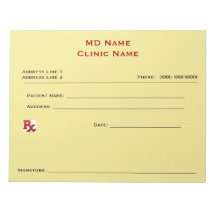
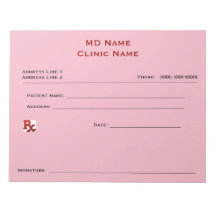

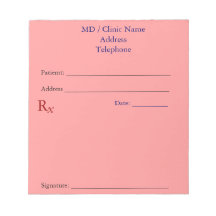
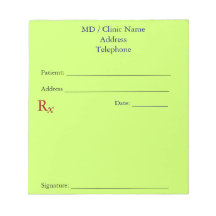
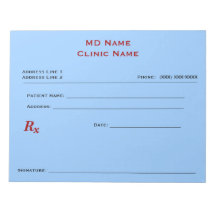
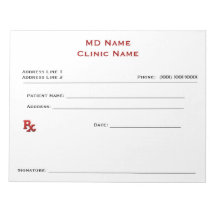
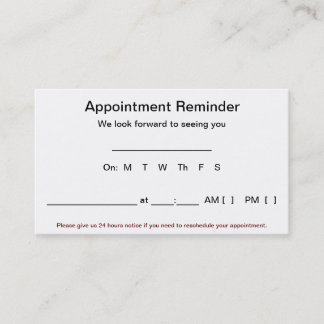
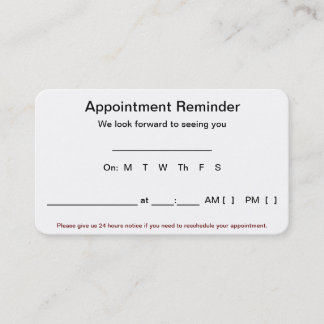
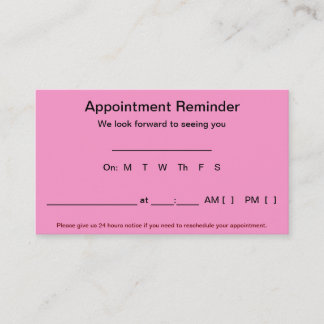
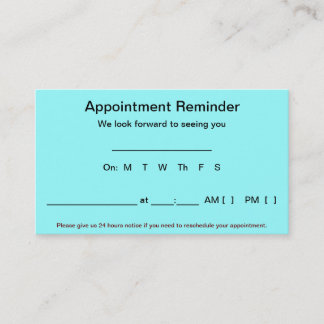
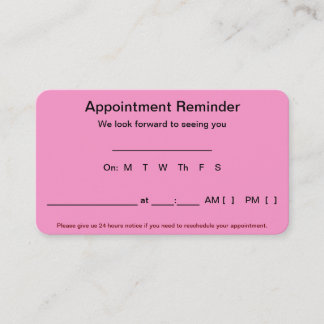
No comments:
Post a Comment